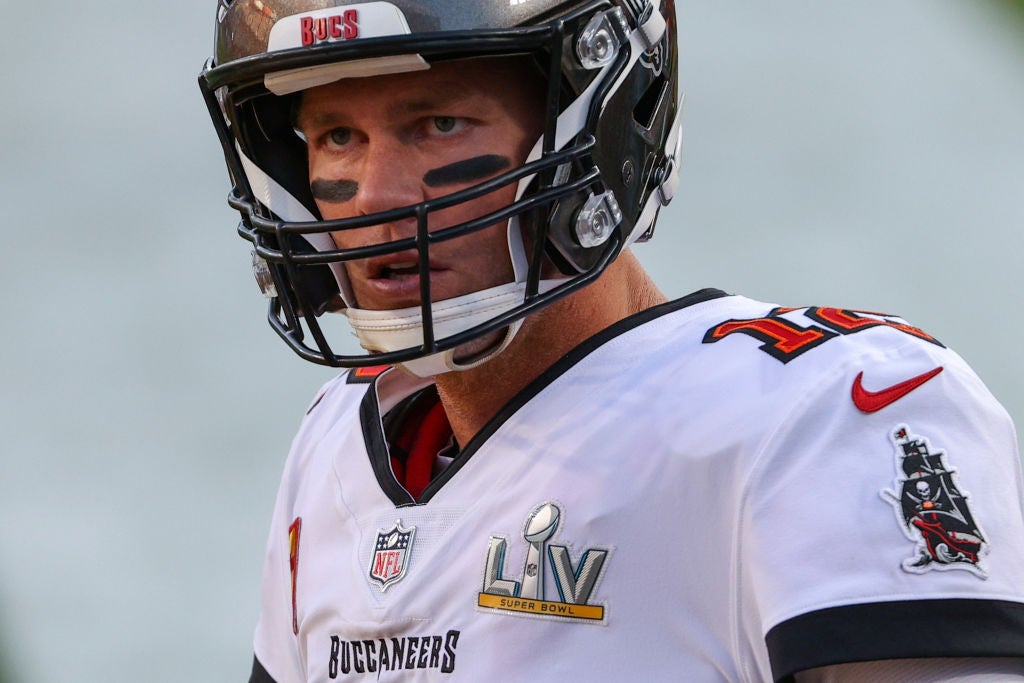The European Super League is doing something far worse than just copying US sports
What is the point, asks Chris Stevenson, of taking the worst parts of other competitions and pretending it is a step forward?


As the vitriol over the announcement of a potential European Super League involving six of England's biggest football clubs started to flow forth, some were quick to attribute the move to one thing – “an American takeover of football”.
“Unbridled American greed” was another phrase doing the rounds, with the US owners of Manchester United and Liverpool taking the brunt of the criticism.
In the world of American football, former Cleveland Browns owner Art Modell once remarked that the NFL is run by “a bunch of fat-cat Republicans who vote socialist on football” with at least a semblance of competitive balance deemed essential to ensuring a profitable league. Therefore, I'm perplexed by certain aspects of the complaints over the US-like elements of the new Super League.
Leagues like the NFL are now much more recognisable across Europe, which has not always been the case. It was always likely that sports this side of the Atlantic would eventually seek to incorporate some of the more successful strategies into their thinking. However, the clubs behind the European Super League appear to be taking all the worst bits of the major US sports without any of the elements that seek to even up the scales between teams.
There are plenty of issues with how the US system is run across sports like the NFL (American football), MLB (baseball), NBA (basketball) and NHL (ice hockey) - not least that power is concentrated in the hands of very few, teams can be ripped from their cities and moved to areas that are believed to be more profitable. Profit is generally king.
So far, so European Super League, but there are elements that look to create a competitive balance that are just not present in football's latest experiment.
Salary caps aim to provide some respite to the relentless pursuit of titles by a select few. The use of a maximum/minimum total salary in a number of US leagues still leaves room for some teams to have the advantage depending on what they can afford to spend, but the aim is to not have the gap too large between teams. For example the NHL has a salary 'cap' of $81.5m, but a salary 'floor' of $60m. Teams are free to spend anywhere between those limits when building a team.
There has been much talk of trying to implement something similar across football, but the idea has never seemingly gained enough traction in the corridors of power – meaning that those teams owned by those who are happy to keep putting their hands in their pocket are always going to hold an advantage over those that don't – even at this European Super League level.
I would argue that even more important is the draft system, which many US sports are built around – but would require a complete overhaul of the system across Europe. Crudely, those who finish lowest in the sports standings each year get the pick of the best players coming though that year's "draft" of new players – generally those out of high school/university or on junior teams.
The aim is that if a team consistently finishes near the bottom of the standings, they can eventually put together a team involving progressively more and more elite players, reducing the gap between them and those at the top of the sport (who will have lower level draft picks each year).
This is also built into the system of trading players, with players of ability costing teams high-level "picks" in subsequent drafts if they want to take them. There are ways for teams who have a high salary spend to get around this, including by signing players once their contracts have ended, but the intent is clear. Teams often have to go to through stages of rebuilding with draft picks after a few years of success as expensive players leave or retire – or if an assembled team hasn't produced results.
Football's latest Super League involves little of this, providing no break from the potential monotony of similar winners. Dynasties frequently do exist in US sport, with the New England Patriots of the NFL and Golden State Warriors of the NBA being two recent examples. However, the last four Super Bowl games (NFL) have been won by four different teams, same for the Stanley Cup finals in the NHL, in the NBA it is three out of the last four.
More broadly, there is always the chance that a lesser-fancied team makes a run for glory, thanks to a broader distribution of resources. With the European Super League there is not even the chance of that. Given that even under the US set-up many teams find their seasons descend into mediocrity on a regular basis, I foresee little but boredom for fans of a number of European Super League teams once the novelty has worn off.
It is a closed shop in the worst possible way.
Join our commenting forum
Join thought-provoking conversations, follow other Independent readers and see their replies
Comments